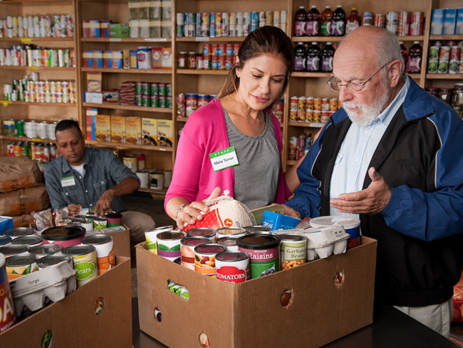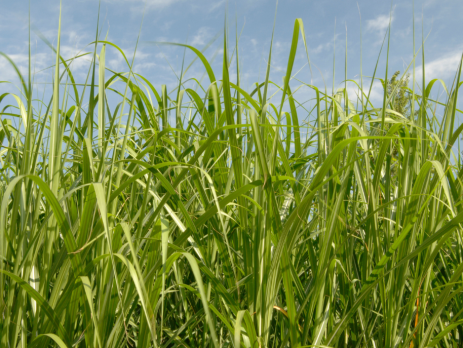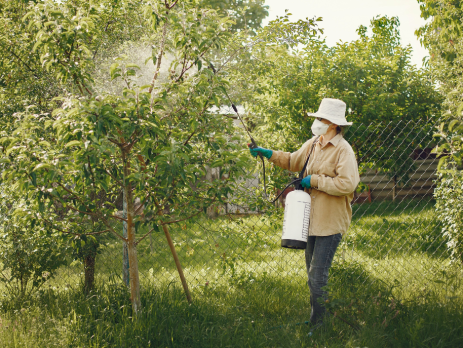State/Territory
Improving housing security through renter education
Challenges with securing and maintaining housing underpin many societal challenges, and a lack of understanding about the issues and what can be done persists. To address this issue, University of Minnesota Extension provided renter education for individuals, community members and community organizations. Generally, community members had a low income, needed to build credit and rental histories, were new to [...]









